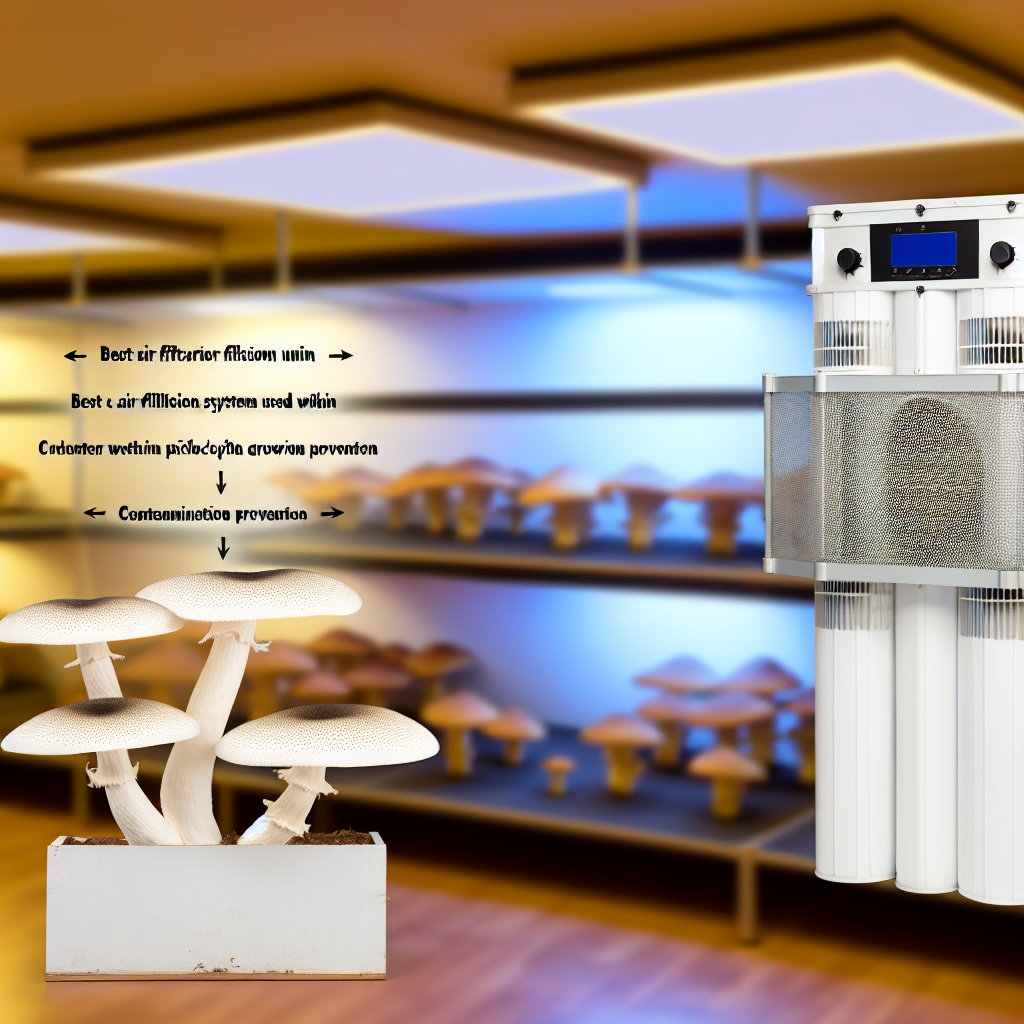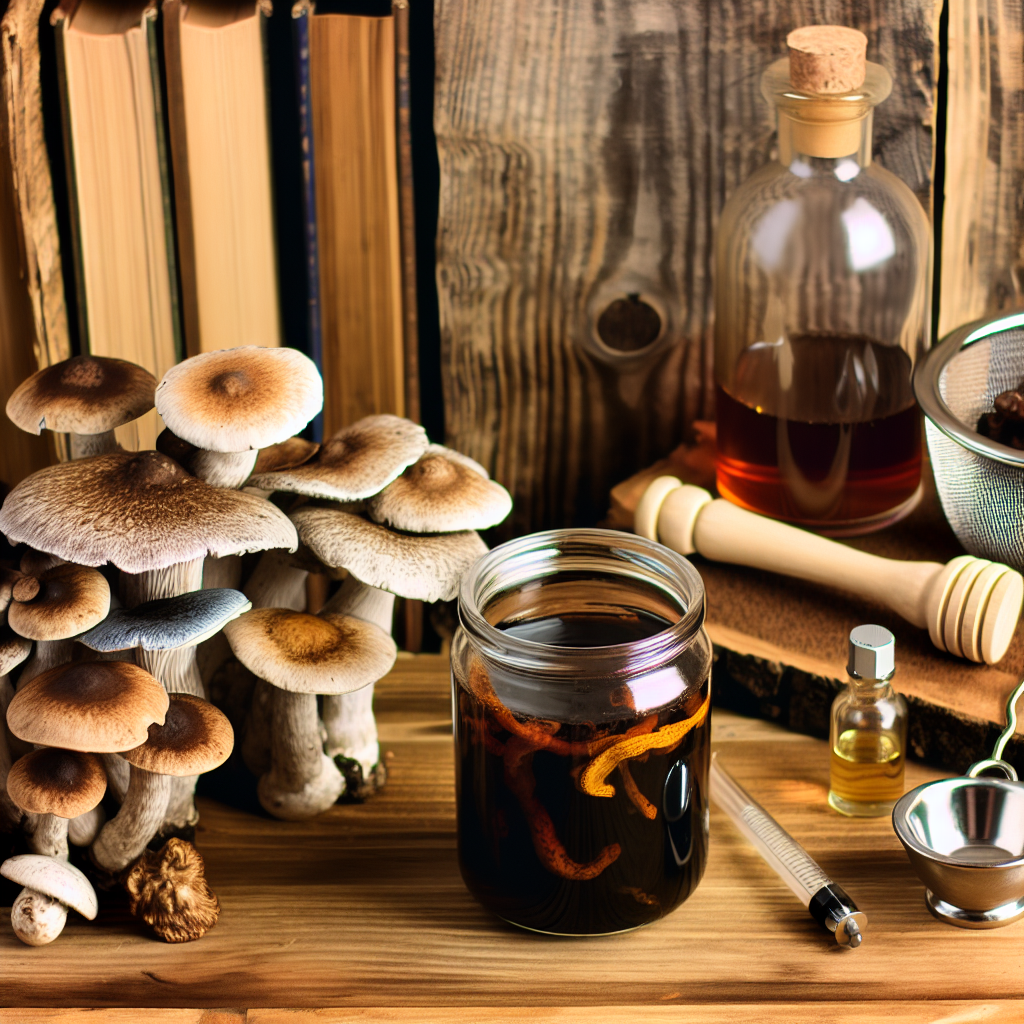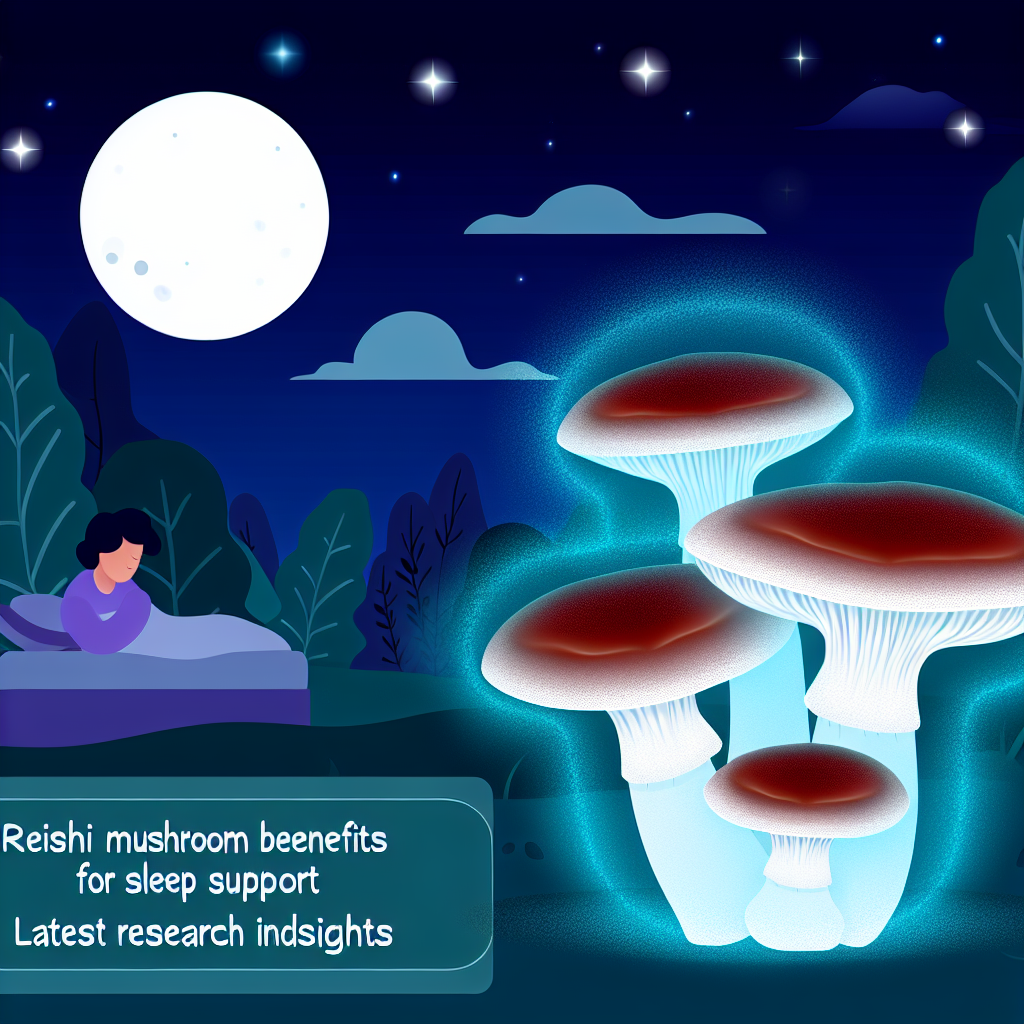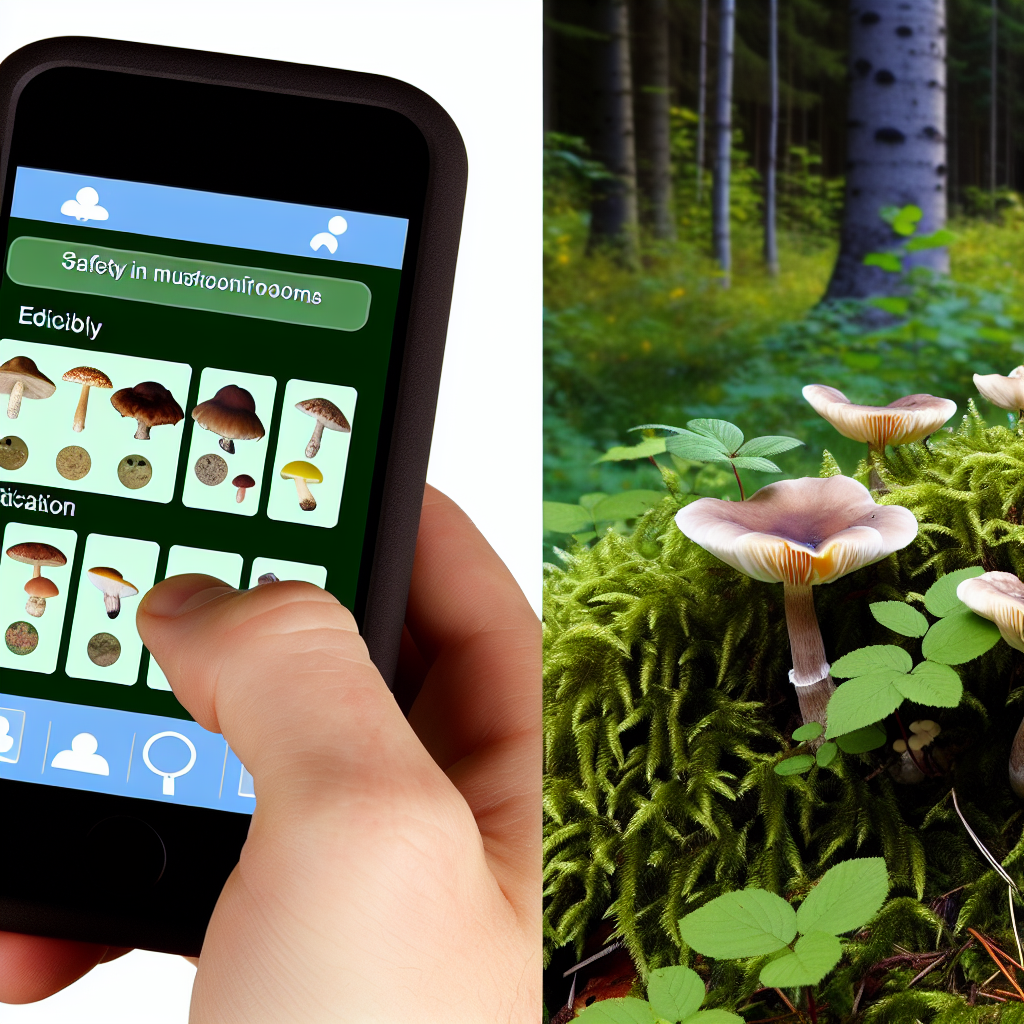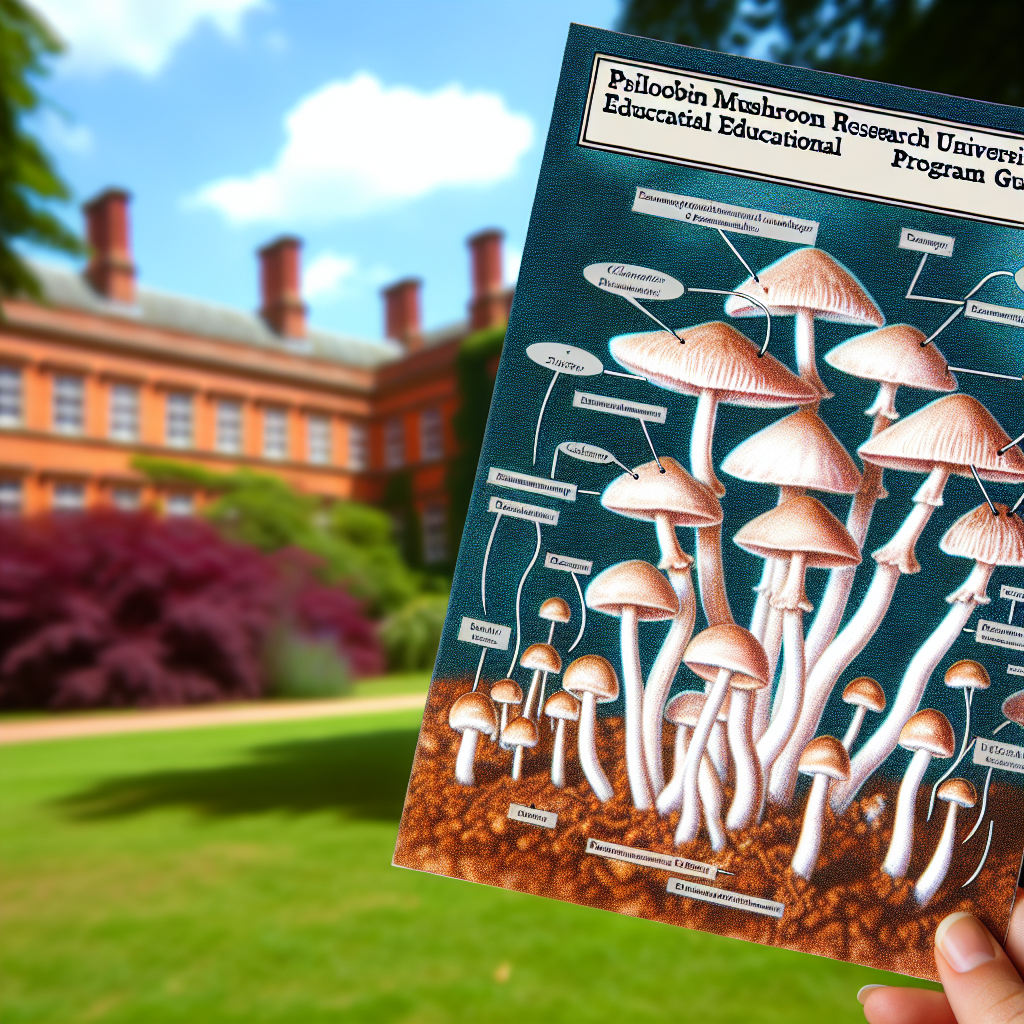Best Air Filtration Systems for Psilocybin Grow Rooms: Contamination Prevention
Introduction
As interest in psilocybin mushrooms continues to expand within therapeutic, medical, and research communities, ensuring optimal cultivation conditions has never been more critical. One of the most vital aspects of maintaining a healthy and productive psilocybin grow room—whether for personal use or licensed clinical research—is air quality. Contaminants such as mold spores, bacteria, and volatile organic compounds (VOCs) pose a serious threat to mushroom crops, especially psilocybin species like *Psilocybe cubensis*, which are sensitive to even minor environmental fluctuations.
Air filtration in grow environments not only enhances yield but also secures the validity of medical research. Contamination can compromise the effectiveness of controlled clinical trials or personal therapeutic use, leading to degraded or unsafe products. Poor air quality can introduce mold such as *Trichoderma spp.*, bacterial blotch, and other pathogens that can destroy a flush or potentially endanger the user. For psychotherapeutic applications—such as those being studied for anxiety, depression, PTSD, and end-of-life care—purity of the product is paramount.
Because psilocybin mushroom cultivation typically occurs in high-humidity, low-airflow environments, microscale balance is key. Without strategic air filtration systems, cultivators risk not only harvest loss but also exposure to harmful fungal spores and allergenic particles within their workspace. Therefore, investing in reliable, professional-grade air filtration systems reduces bio-risk and supports the safe production of high-potency, quality-controlled psilocybin mushrooms.
Over the last few years, advances in filtration technologies and indoor agricultural engineering have introduced a variety of air purifiers, HEPA filtration systems, and laminar flow hoods designed for mushroom cultivation. Understanding which air filtration systems are most effective for psilocybin grow rooms ensures long-term consistency, sustainability, and contamination-resilient yields.
HEPA Filters and Laminar Flow Hoods: The Gold Standard for Clean Air
Effective air filtration systems function as the first line of defense against airborne contamination. Among the most powerful and reliable tools in psilocybin mushroom cultivation are HEPA (High-Efficiency Particulate Air) filters and laminar flow hoods. HEPA filters are capable of trapping 99.97% of particles 0.3 microns in diameter and larger—including mold spores, bacterial agents, and dust—common culprits of contamination in grow setups. These filters are widely used in pharmaceuticals, hospitals, and bioscience labs due to their exceptional performance.
Medical and microbiological research affirms the use of air-clean purification for sterile mushroom cultivation. According to a 2020 study published in *Mycological Progress*, air filtration using HEPA systems significantly reduced contamination risk in lab-based fungal cultures, notably in high-humidity environments similar to grow rooms. Similarly, research conducted by the *Journal of Pharmaceutical Sciences* highlighted the effectiveness of laminar air flow (LAF) cabinets in reducing microbial contamination during pharmaceutical-grade mushroom extraction.
Laminar Flow Hoods: Maximum Protection During Critical Procedures
Laminar flow hoods, which direct filtered air evenly across a workspace, are especially beneficial for agar work, spore inoculations, and tissue culture cloning—practices central to psilocybin mushroom cultivation. In precise operations such as these, airborne contamination can decimate inoculated cultures. LAF units create positive pressure environments to ensure that all incoming air is sterile and is pushed outwards, thereby preventing outside particles from entering during critical procedures.
Activated Carbon Filters: Neutralizing VOCs and Airborne Toxins
Additionally, activated carbon pre-filters, often included in multi-stage filtration systems, are essential for removing odors, spores, and airborne mycotoxins. While HEPA filters handle particulate matter, carbon filters neutralize volatile organic compounds (VOCs) that often go undetected. This dual approach further supports the health of both cultivator and crop.
Smart Technology in Air Purification: AI-Controlled Performance
Autonomous, AI-powered air purification systems, such as those offered by companies like IQAir and AirDoctor, adapt airflow and filtration intensity in real time based on particulate load and humidity levels. These innovations provide consistent air quality even in less controlled environments, making them a practical investment for both novice growers and professional cultivation labs.
Compliance and Clinical Validity: Why Filtration Matters for Research
Moreover, regulatory interest in psilocybin is growing, with several clinical trial programs underway in Canada, the United States, and Europe. Whether in academic trials or monitored microdosing protocols, ensuring pharmacological precision and biological safety is non-negotiable. Proper air filtration practices form a cornerstone of any certified cleanroom or research-grade facility.
As organizations like MAPS and Compass Pathways continue driving large-scale trials, the demand for consistent, contamination-free product chains only highlights the essential role of advanced air filtration systems.
Conclusion: Clean Air Means Clean Medicine
When cultivating psilocybin mushrooms for therapeutic or personal use, contamination prevention through the right air filtration system is paramount. HEPA filters, laminar flow hoods, and integrated AI air purifiers not only reduce risks of spore loss and microbial infection but also ensure a sterile space for research and production. Investing in quality air filtration is investing in the future of psilocybin therapy—safe, reliable, and scientifically validated.
References
– Mycological Progress: Reduced Contamination with HEPA-based Air Systems
– Journal of Pharmaceutical Sciences (2021): Sterility and Contamination Control in Mushroom-Based Therapeutics
– MAPS Clinical Trials for Psychedelic Research
– Compass Pathways: Clinical Development of Psilocybin Therapy
– IQAir HealthPro Series
– AirDoctor 5500 Smart Air Purifier
Concise Summary:
Effective air filtration is essential for maintaining a healthy and productive psilocybin grow room, whether for personal use or licensed clinical research. HEPA filters, laminar flow hoods, and activated carbon filters are the gold standard for reducing the risk of contamination from mold spores, bacteria, and volatile organic compounds. Investing in quality air filtration systems, including AI-powered technologies, ensures the safety, consistency, and validity of psilocybin-based therapies.

Dominic E. is a passionate filmmaker navigating the exciting intersection of art and science. By day, he delves into the complexities of the human body as a full-time medical writer, meticulously translating intricate medical concepts into accessible and engaging narratives. By night, he explores the boundless realm of cinematic storytelling, crafting narratives that evoke emotion and challenge perspectives. Film Student and Full-time Medical Writer for ContentVendor.com
